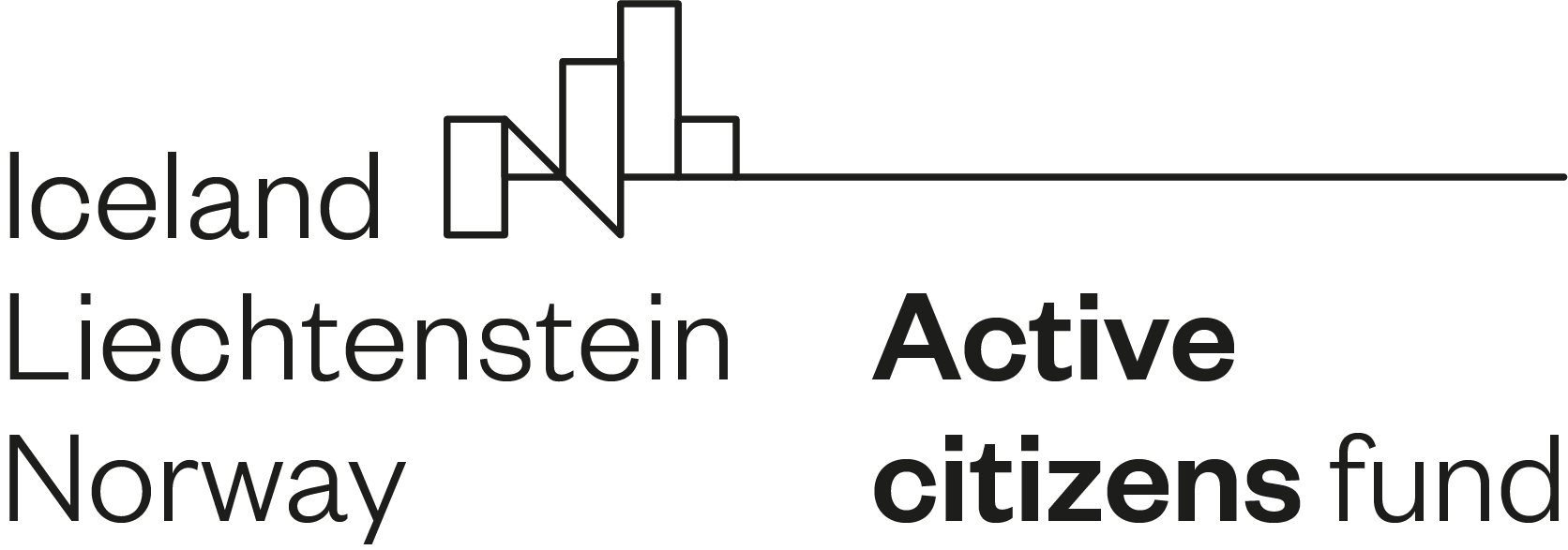In Greece, the road to gender equality is steep. The country is lagging and regularly occupies the last rung of the EU’s gender equality rankings. To change this, Diotima, the leading gender equality NGO in Greece, teamed up with Norway’s KUN. Their mission? Use e-learning to tackle sexism at work. This project, funded by the Active Citizens Fund, merges KUN’s educational know-how with Diotima’s deep understanding of survivors’ needs.
Finding the Perfect Ally
The spark for this initiative was Greece’s new rule in 2021, demanding companies have a system to handle sexual harassment complaints. Yet, progress has been slow. Many businesses drag their feet, failing to set up the required mechanisms. “The gap between the law and its actual use is wide,” says Despoina Stamataki, project manager at Diotima, as she and her colleague Anna Vougioukas, who was responsible for the project, welcome us in their offices for tea and cake.
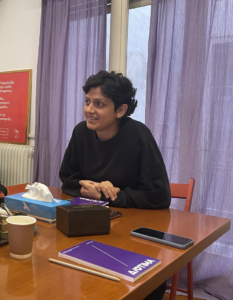
This reluctance to implement grievance mechanisms is alarming, especially in sectors like tourism, where 80% of women say they’ve faced harassment. Spotting a chance to make a difference, Diotima used the Active Citizens Fund database to search for a partner and found KUN, a perfect match from Norway’s far north, which specialized in training around questions of equality and diversity. Their initial Zoom sessions confirmed a shared vision between the prospective partners.
A Proactive Approach Against Workplace Harassment
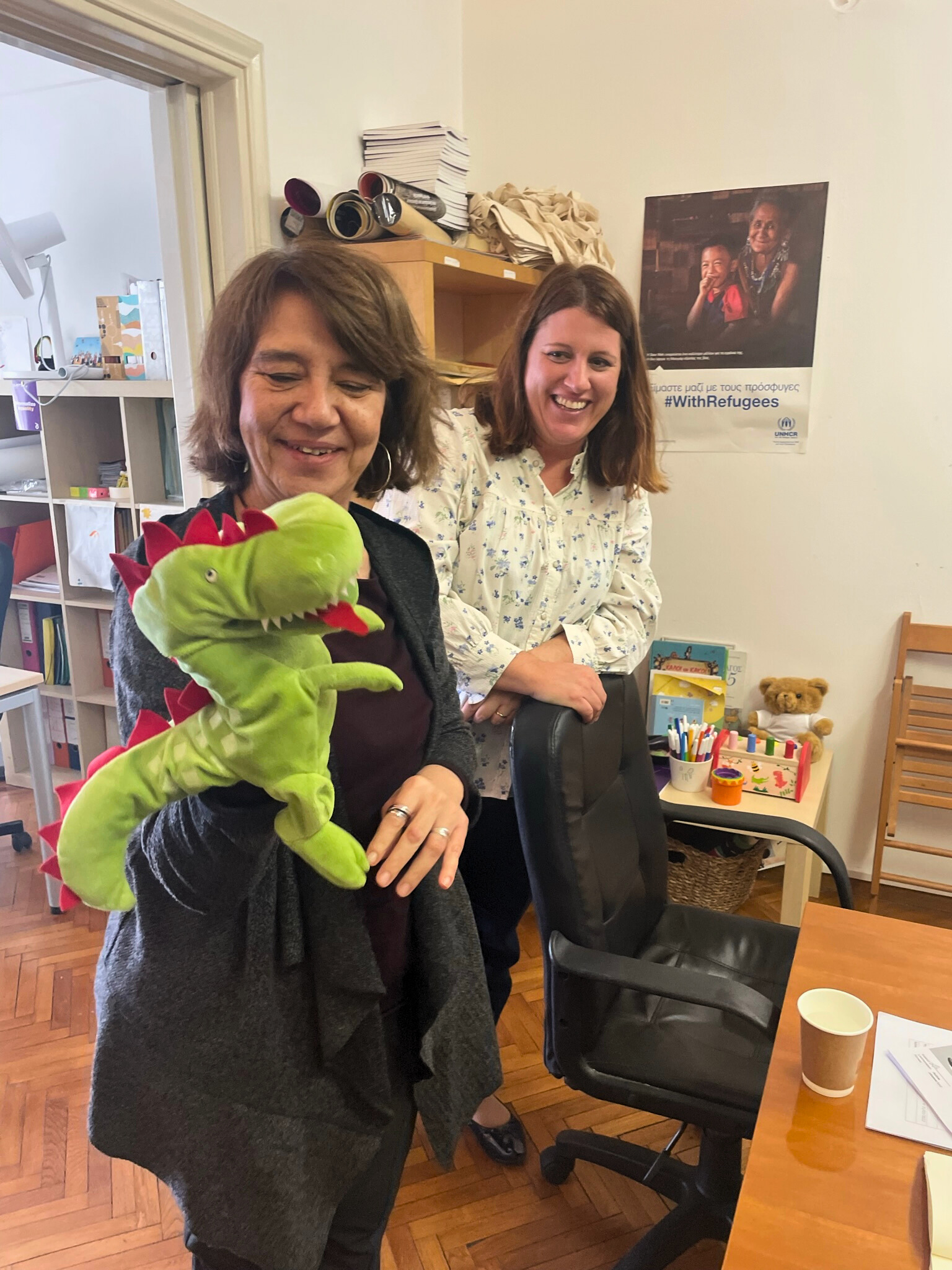
With a 6 000€ grant from the Active Citizens Fund spread out over three months, the partnership got to work. Their plan had three stages: first, understand the harassment landscape; next, create the course, blending legal know-how with real-life examples; finally, test and translate the content to Greek.
The course doesn’t just throw facts at learners; it engages them with scenarios that blur the lines of what constitutes harassment, urging them to think critically. “Imagine your boss asks you for a drink after work. Is that harassment?” This approach makes the learning stick.
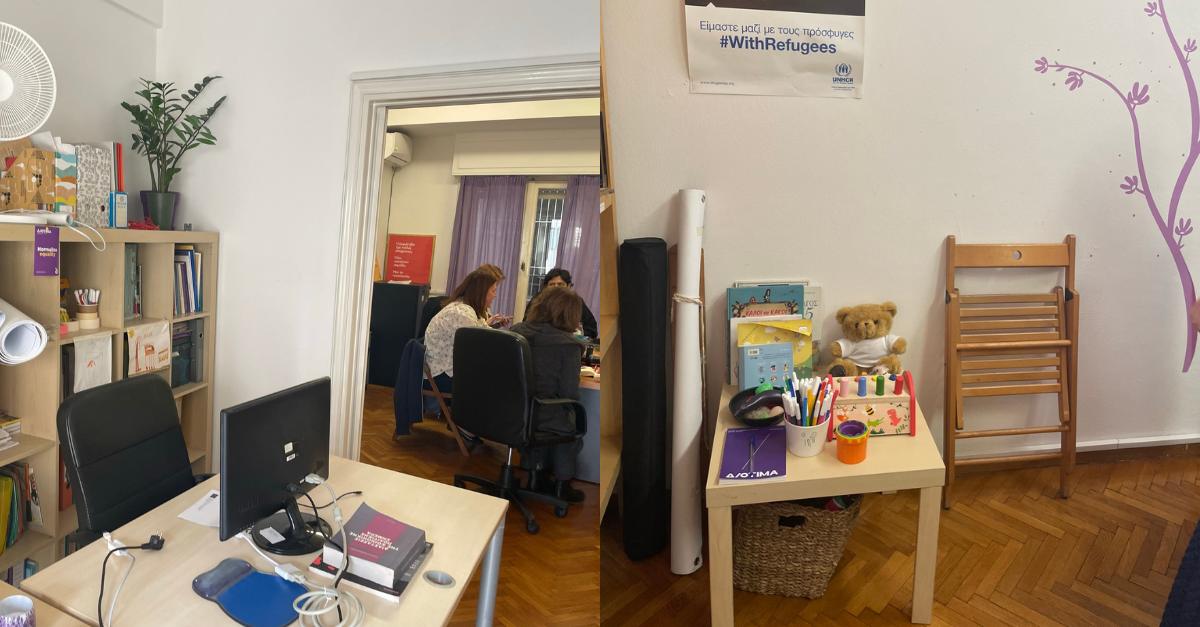
By 2022, the course had reached 1,700 people, showing the value of their approach. “We’re big believers in e-learning,” Anna says, emphasizing its role in pushing for safer work environments and nudging the needle on gender equality.
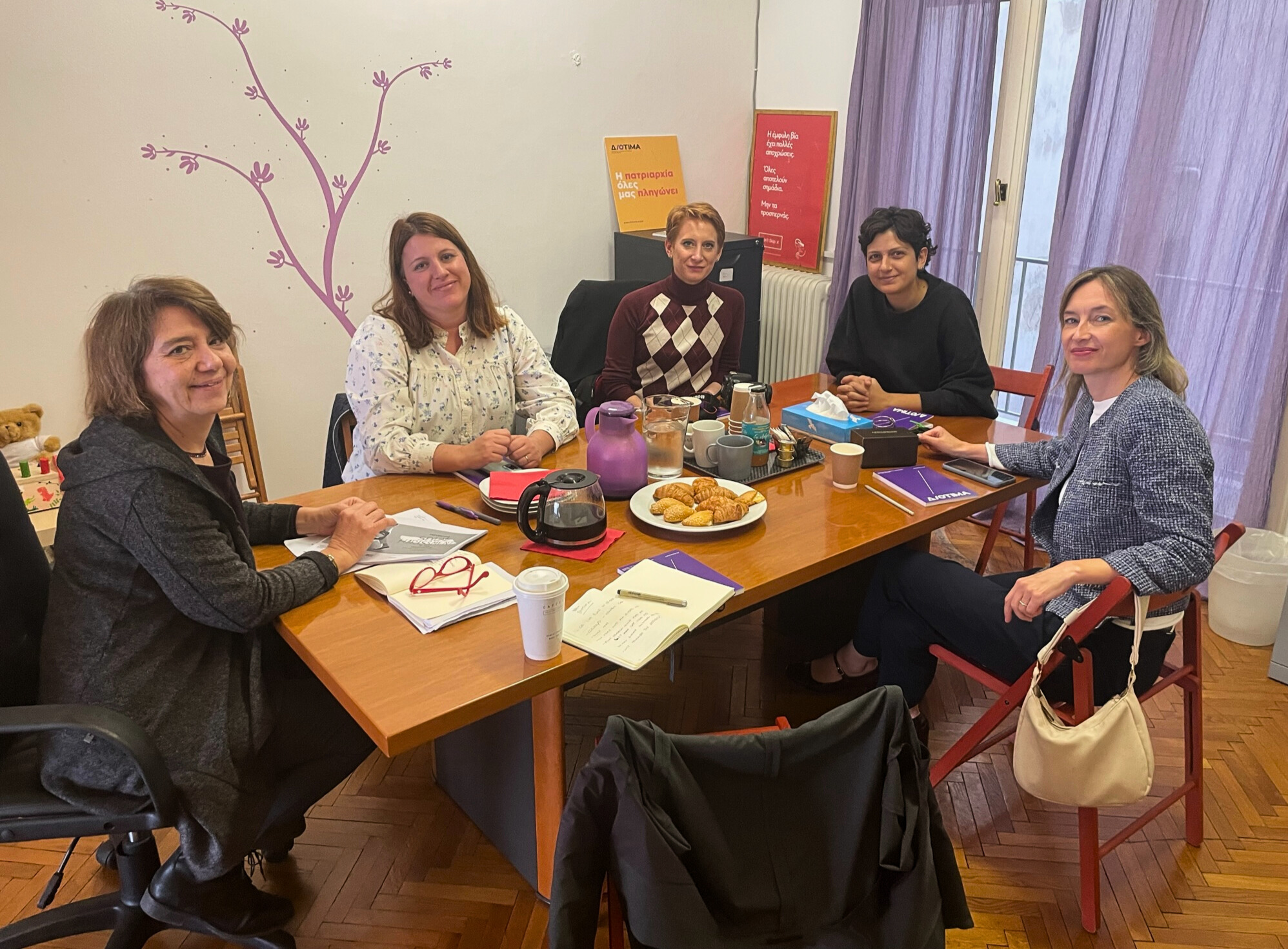
“Our work with KUN? Among the best partnerships we’ve had,” Anna reflects, showcasing the project’s success and the fruitful collaboration that made it happen. Despite the hurdles, their initiative is a step in the right direction, especially in industries plagued by harassment.
Despite Greece lingering a the bottom of the table, all is not lost. There’s progress. “We’re doing a bit better this year,” notes a Despoina, capturing a hopeful outlook for what lies ahead.
Title: Bilateral initiative for the creation of educational material for e-courses on sexual harassment
Duration: 1/11/2021-31/1/2022
Total amount granted: 6.000,00€
Interested in bilateral cooperation? Check out our list of open calls here. Looking for a partner? Find one in our database here.
________________________________________________________________________________________________
Written by Jean-Christophe Delmas, jcd@nhc.no
